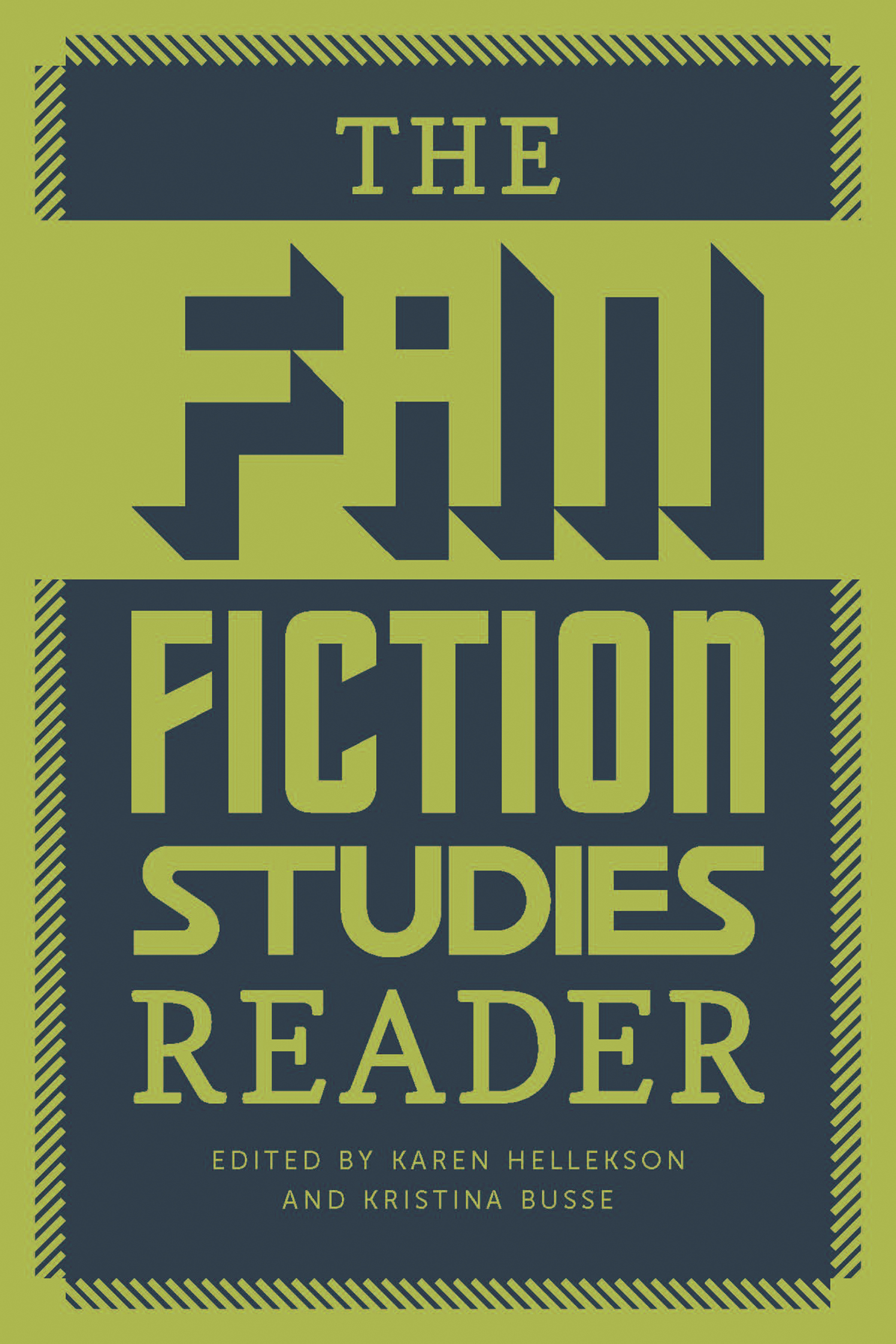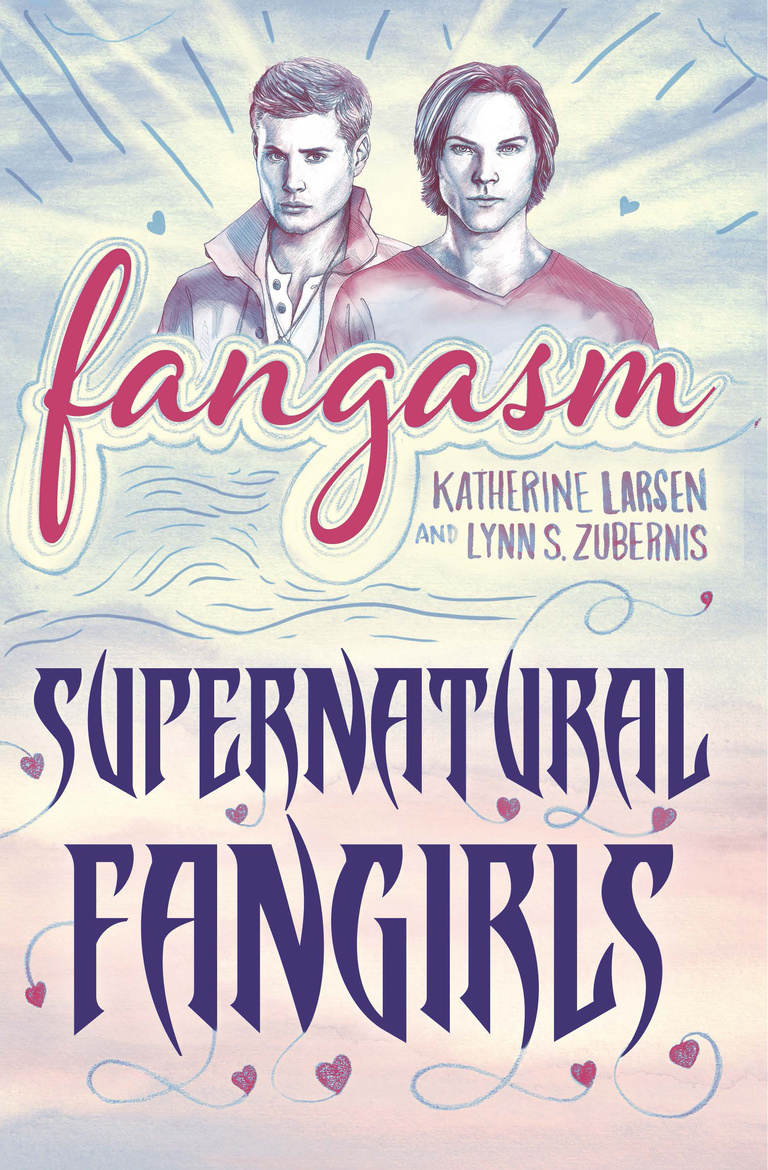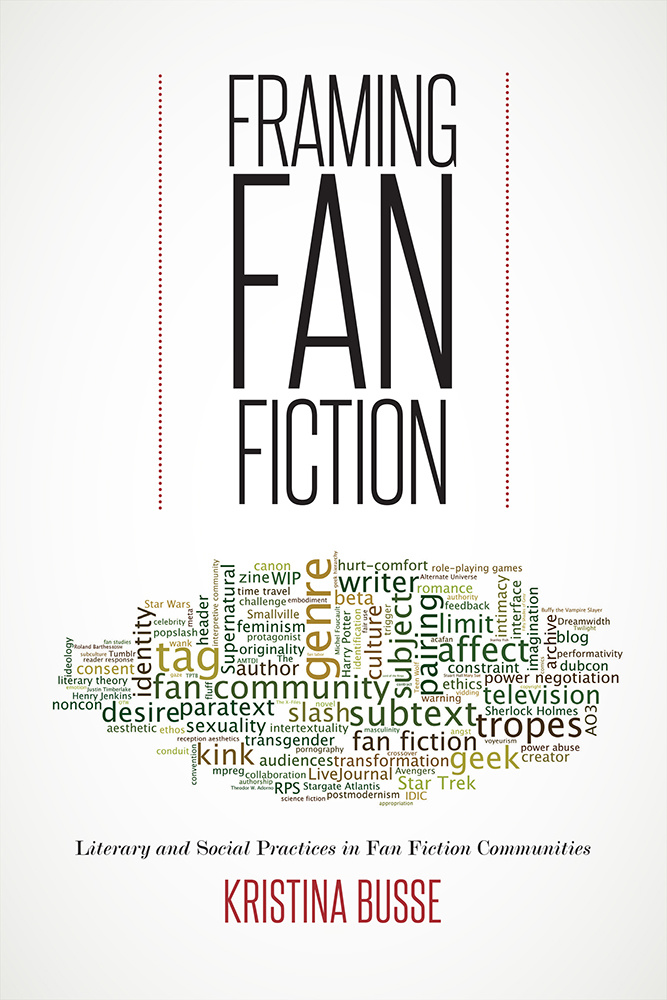An essential introduction to a rapidly growing field of study, The Fan Fiction Studies Reader gathers in one place the key foundational texts of the fan studies corpus, with a focus on fan fiction. Collected here are important texts by scholars whose groundbreaking work established the field and outlined some of its enduring questions. Editors Karen Hellekson and Kristina Busse provide cogent introductions that place each piece in its historical and intellectual context, mapping the historical development of fan studies and suggesting its future trajectories.
Organized into four thematic sections, the essays address fan-created works as literary artifacts; the relationship between fandom, identity, and feminism; fandom and affect; and the role of creativity and performance in fan activities. Considered as literary artifacts, fan works pose important questions about the nature of authorship, the meaning of “originality,” and modes of transmission. Sociologically, fan fiction is and long has been a mostly female enterprise, from the fanzines of the 1960s to online forums today, and this fact has shaped its themes and its standing among fans. The questions of how and why people become fans, and what the difference is between liking something and being a fan of it, have also drawn considerable scholarly attention, as has the question of how fans perform their fannish identities for diverse audiences.
Thanks to the overlap between fan studies and other disciplines related to popular and cultural studies—including social, digital, and transmedia studies—an increasing number of scholars are turning to fan studies to engage their students. Fan fiction is the most extensively explored aspect of fan works and fan engagement, and so studies of it can often serve as a basis for addressing other aspects of fandom. These classic essays introduce the field’s key questions and some of its major figures. Those new to the field or in search of context for their own research will find this reader an invaluable resource.
“An outstanding introduction to fan studies, this excellent book collects many key contributions in the field’s short but vibrant history and frames their central questions and debates fruitfully and with insight.”—Jonathan Gray, coeditor, Fandom: Identities and Communities in a Mediated World
“This volume will be a significant contribution to the literature and the subdiscipline.”—Anne Kustritz, University of Amsterdam
Nicholas Abercrombie
Camille Bacon-Smith
Francesca Coppa
Henry Jenkins
Sara Gwenllian Jones
Patricia Frazer Lamb
Kurt Lancaster
Brian Longhurst
Roberta Pearson
Constance Penley
Joanna Russ
Cornel Sandvoss
Diane Veith



